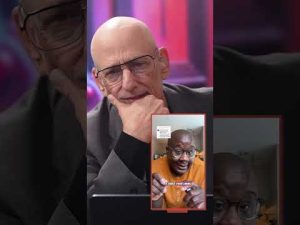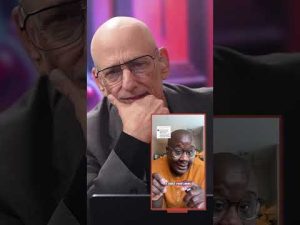In a shocking turn of events, the shooting of a UnitedHealthCare CEO has sparked heated debates and controversy, highlighting the political tensions in America today. This incident has caught the attention of some prominent political figures, who aren’t hesitating to express their opinions, much to the dismay of others. While one side calls for understanding and compassion, the other warns against the dangerous rhetoric that might incite further violence.
The former U.S. Attorney, Joe diGenova, and former chief counsel at the Senate Intelligence Committee, Victoria Toensing, both weighed in on the implications of the shooting. They noted how the conversation around this case is shifting towards a potential insanity defense for the shooter. It seems that the legal strategy might lean on the notion that intense anger against the health insurance industry has pushed some individuals too far. It raises eyebrows when defenders imply that years of frustrations merit an extreme response, suggesting a troubling precedent where violence could be seen as an answer to political grievances.
Meanwhile, Senators like Elizabeth Warren and Bernie Sanders have made remarks that, while rooted in concern for the healthcare industry, seem to walk a fine line. They touch on the anger people feel towards insurers who they claim are profiting off the misfortunes of others. Critics argue that suggesting one’s anger could lead to violence is not just irresponsible but dangerously misleading. It’s as if they’re providing a convenient excuse for destructive behavior. While they condemn the shooting, their rhetoric evokes a sense of justification for the anger that led to such an act—an unintentional green light for those teetering on the edge.
In an even more controversial gesture, some progressives have taken to glorifying the incident by producing “wanted” posters of other healthcare CEOs. The posters depict the faces of these individuals with ominous messages, and they have been met with outrage from those who hold the belief that such actions invite further violence. Critics assert that these posters act as a call to arms, creating a dangerous environment fueled by hostility. It’s not just bad taste; it borders on illegal. There’s a growing concern that political discussions are no longer a debate of ideas, but a volatile mixture of rage and threats.
As the situation in New York unfolds, many are left wondering about the role of law enforcement. With some posters having been taken down by the NYPD, questions linger about the consistency of policing when it comes to politically charged imagery. The juxtaposition of how authorities handle different protests raises alarms over selective enforcement that could seem politically motivated. There’s a demand for accountability—not just for the shooter, but also for those perpetuating a culture of hostility when speaking about those in the healthcare sector.
Amidst all the chaos, one thing is clear: the conversation about healthcare and the treatment of CEOs is more heated than ever. As the country grapples with significant issues, the politicization of violence and its aftermath poses a serious dilemma. It remains to be seen how the judicial system will interpret this case or what changes may arise from the considerable backlash against both the healthcare system and the rhetoric surrounding it. As America follows this story, it invites a reflection on how society balances outrage, policy, and the ever-important matter of human decency.







